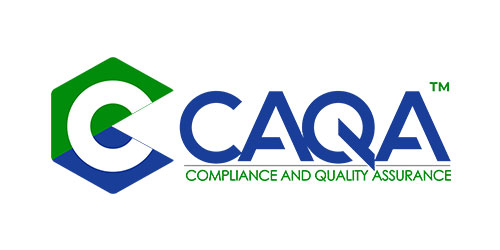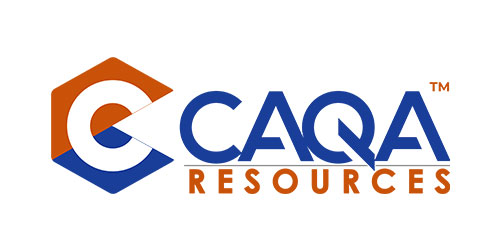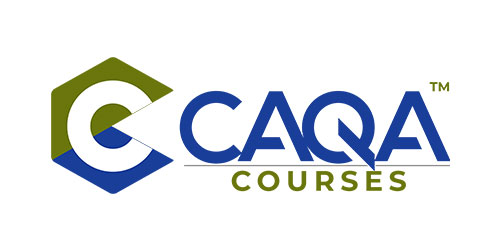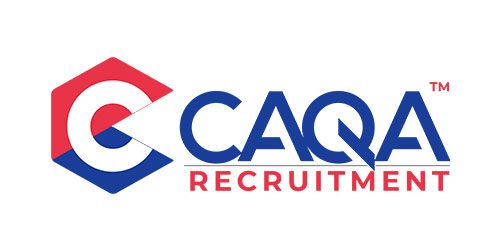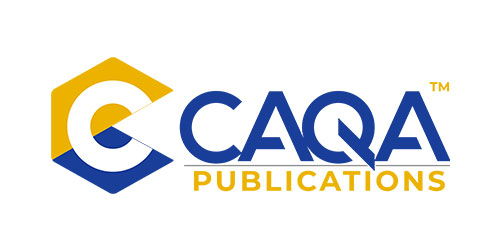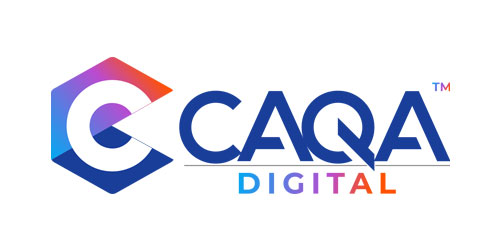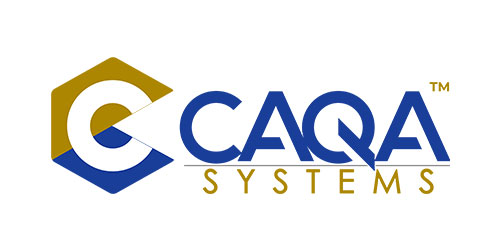
News
This is Part 2 of the article, where we are discussing the different phases of the validation processes an RTO should be following to ensure you meet regulatory requirements and industry expectations.
In the previous article, we discussed the following regarding the validation of assessment resources:
- Explanation of assessment validation
- Typical benchmarks used during the validation processes
- Stages of validation (before, during and after the assessment judgements)
In this month’s article, we will explore the regulatory requirements around assessment validation.
Regulatory requirements for conducting validation
According to the Standards of Registered Training Organisations (RTOs) 2015, you are required to implement a quality review process (Clauses 1.8, 1.9, 1.10 and 1.11).
Clause 1.8a requires that the RTO’s assessment systems comply with the assessment requirements of the relevant training packages or VET accredited courses.
Clause 1.8b requires RTOs to ensure that the evidence gathered is valid (one of the Rules of Evidence) and that assessment processes and outcomes are valid (one of the Principles of Assessment).
These requirements must be met and demonstrated in all assessment policies, procedures, materials and tools of the RTO. Clause 1.8 primarily relates to the development (or purchase) of the RTO’s assessment resources.
Assessment validation has been strengthened in the Standards for RTOs and the requirement is to:
- Develop and implement a comprehensive plan for ongoing systematic validation of assessment that includes all training products on the RTO’s scope of delivery (Clause 1.9)
- Validate the assessment practices and judgements for each training product at least once every five years with at least 50% of products to be validated within the first three years of each five-year cycle (Clause 1.10)
- Ensure that validation is conducted by one or more suitably qualified persons, who are not directly involved in the delivery and/or assessment of the training product being validated. (Clause 1.11).
- These clauses relate primarily to the actual delivery and outcomes of the RTO’s assessment systems, including the performance of the RTO’s assessors.
Assessment system
Documents required for conducting an effective validation session, in the RTO’s assessment system, includes but is not limited to:
Validation related documents:
- Validation plan
- Validation schedule
- Validation record or validation form
- Validation register
- Validation report form
- Continuous improvement form
- Continuous improvement register
- Pre-assessment validation documents
Assessment resources:
- Unit assessment pack/student pack
- Trainer assessment pack/assessor pack
- Mapping document
- Assessment evidence according to a sample size
Other documents:
- Training and assessment strategy
- Feedback forms
- Unit of competency
- Companion volume/implementation guide
- AQF framework
- ACSF framework
You will be required to evaluate if the assessment resources meet:
- Training package requirements (application, elements and performance criteria, foundation skills, performance evidence, knowledge evidence, assessment conditions)
- Principles of assessment; fairness, flexibility, validity and reliability
- Rules of evidence; valid, sufficient, authentic and current
- The appropriate level of difficulties (AQF Level)
- Provide sufficient and clear instructions
- Record any appropriate adjustments
Who conducts validation?
Validation is a collaborative process. The team must hold collectively:
- Vocational competencies and current industry skills relevant to the assessment being validated
- Current knowledge and skills in vocational teaching and learning
- The TAE40110 Certificate IV in Training and Assessment (or its successor) or the TAESS00001 Assessor Skills Set (or its successor).
- Validators can be employees of your RTO, or you can seek external validators.
The trainer and assessor who delivered/assessed the training product being validated:
- Can participate in the validation process as part of a team
- Cannot conduct the validation on his/her own
- Cannot determine the validation outcome for any assessment judgements they made
- Cannot be the lead validator in the assessment team.
It is important to keep the records of all validation activities and validators as auditors might ask for it during audit activities and for managing continuous improvement processes at an RTO.
How is validation different from moderation?
Moderation is a quality control process aimed at bringing assessment judgements into alignment.
Moderation is generally conducted before the finalisation of student results as it ensures the same decisions are applied to all assessment results within the same unit of competency.
The requirement in the Standards to undertake validation of assessment judgements does not affect your RTO’s ability to undertake moderation activities, or any other process aimed at increasing the quality of assessment.
(ASQA, 2018)
(To be continued in the next newsletter)
 1800 961 980
1800 961 980 info@careercalling.com.au
info@careercalling.com.au












